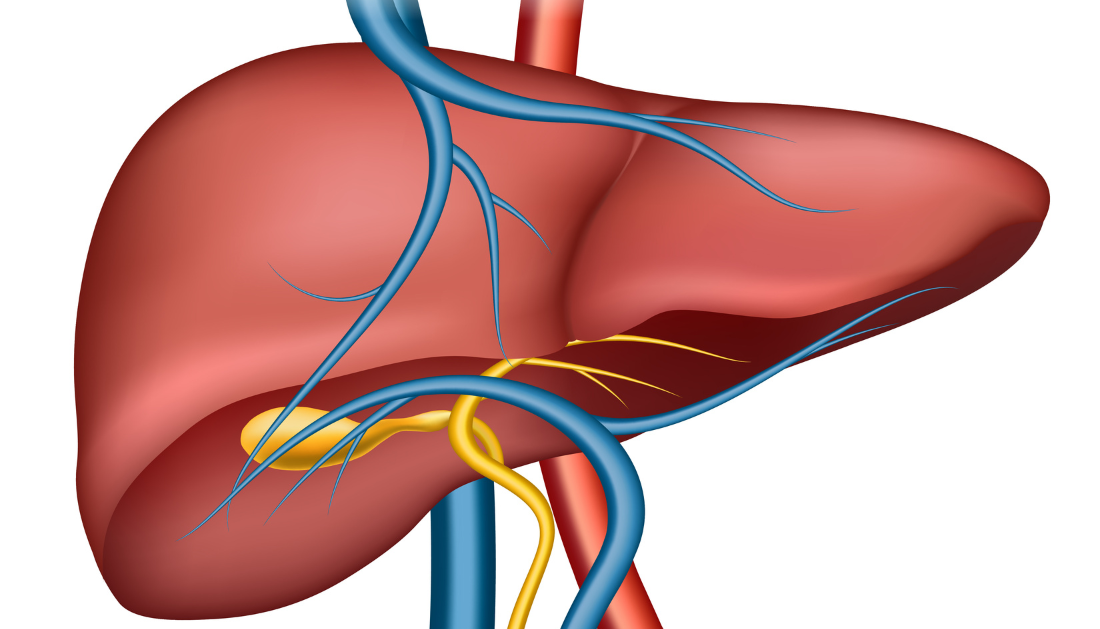

Ischemic cholecystitis is a type of gallbladder inflammation that develops in the absence of gallstones or other external pressures. It is caused by a lack of blood flow to the gallbladder tissue.
This new study is significant because it contributes to a better understanding of the pathogenesis of ischemic cholecystitis and the development of more effective treatments for this ailment.
A study was done by a team of researchers from the University of California, San Francisco, to investigate the cause of this condition. They discovered that the gallbladder is particularly vulnerable to ischemia because it receives its blood supply from a terminal artery, which means that if this artery becomes blocked, there is no other artery to deliver blood to the gallbladder.
The researchers also discovered that ischemic cholecystitis is more likely in severely unwell patients. This is because critically ill individuals are frequently hypovolemic, or have low blood volume. This can result in decreased gallbladder perfusion, which can cause inflammation.
These findings have substantial implications for ischemic cholecystitis diagnosis and treatment. This is sometimes misinterpreted as another ailment, such as sepsis or pancreatitis, due to its difficulty in diagnosis. This can result in therapy delays and lower patient outcomes.
The researchers also discovered that ischemic cholecystitis recurs more frequently than obstructive cholecystitis. This means that patients with ischemic cholecystitis are more likely to undergo gallbladder removal operations.
The gallbladder is surgically removed to treat this condition. This is the only way to keep the condition from coming back.
Ischaemic cholecystitis is a rare but deadly illness that is more common in critically unwell people. Clinicians must be aware of this disorder to diagnose and treat it as soon as possible.
For more information: Favela, J. G., et al. (2023). Aetiology, diagnosis and management for ischaemic cholecystitis: current perspectives. eGastroenterology. doi.org/10.1136/egastro-2023-100004.
more recommended stories
 Nanoplastics in Brain Tissue and Neurological Risk
Nanoplastics in Brain Tissue and Neurological RiskKey Takeaways for HCPs Nanoplastics are.
 AI Predicts Chronic GVHD Risk After Stem Cell Transplant
AI Predicts Chronic GVHD Risk After Stem Cell TransplantKey Takeaways A new AI-driven tool,.
 Red Meat Consumption Linked to Higher Diabetes Odds
Red Meat Consumption Linked to Higher Diabetes OddsKey Takeaways Higher intake of total,.
 Pediatric Crohn’s Disease Microbial Signature Identified
Pediatric Crohn’s Disease Microbial Signature IdentifiedKey Points at a Glance NYU.
 Nanovaccine Design Boosts Immune Attack on HPV Tumors
Nanovaccine Design Boosts Immune Attack on HPV TumorsKey Highlights Reconfiguring peptide orientation significantly.
 Rising Measles Cases Prompt Vaccination Push in NC
Rising Measles Cases Prompt Vaccination Push in NCKey Highlights 15 confirmed Measles cases.
 High-Fat Diets Cause Damage to Metabolic Health
High-Fat Diets Cause Damage to Metabolic HealthKey Points Takeaways High-fat and ketogenic.
 Chronic Brain Compression Triggers Neuron Death Pathways
Chronic Brain Compression Triggers Neuron Death PathwaysKey Takeaways Chronic brain compression directly.
 Texas Medical Board Releases Abortion Training for Physicians
Texas Medical Board Releases Abortion Training for PhysiciansKey Takeaways Texas Medical Board has.
 Acute Ischemic Stroke: New Evidence for Neuroprotection
Acute Ischemic Stroke: New Evidence for NeuroprotectionKey Highlights A Phase III clinical.

Leave a Comment